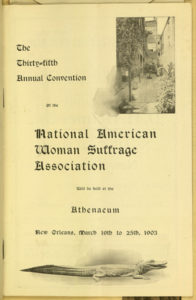Government, Politics & Law
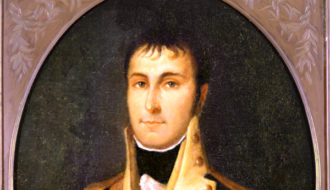
William Charles Cole Claiborne
William Charles Cole Claiborne was the first territorial and state governor of Louisiana in its transitional years from the Louisiana Purchase of 1803 to statehood in 1812.

William Charles Cole Claiborne was the first territorial and state governor of Louisiana in its transitional years from the Louisiana Purchase of 1803 to statehood in 1812.
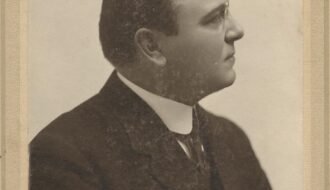
Known as the “Father of Ragtime in Shreveport,” William Christopher “W. C.” O’Hare was a white composer, orchestra leader, and music teacher who served as an important link between Black and white musical cultures.
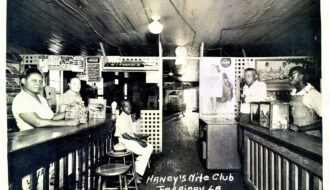
William Haney operated Haney’s Big House, a café, bar, and nightclub that showcased Black artists from across the South.
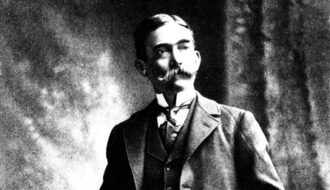
Democrat William Heard, an accountant and banker, won the governorship in 1900 with strong support from Murphy J. Foster, his predecessor.
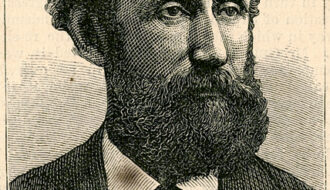
William Pitt Kellogg was governor of Louisiana during the divisive period of Radical Reconstruction.
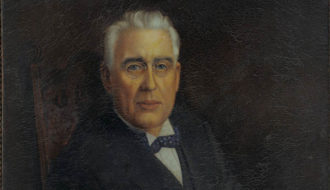
William Ratcliffe Irby, a wealthy tobacco company executive, banker, and philanthropist in New Orleans, became a driving force in saving the French Quarter from potential mass demolition.
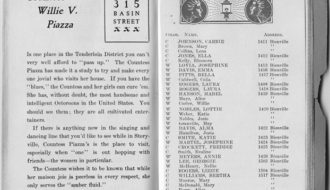
Willie Piazza was one of the most successful madams in the Storyville vice district of New Orleans until it was closed in 1917.
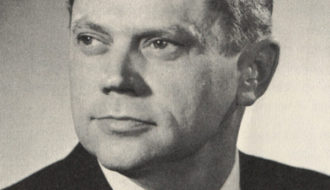
Politician Willie Rainach was one of Louisiana's most vigorous opponents of desegregation.
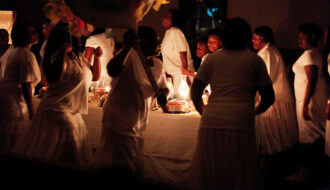
Held on the Saturday before Easter Sunday, this women-led vigil includes counterclockwise percussive foot movement and call-and-response singing.
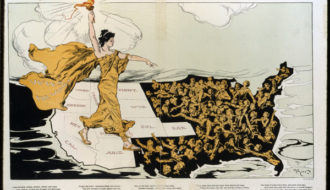
The movement for women's rights in Louisiana started with benevolence work in church groups and progressed to the campaign for woman suffrage.
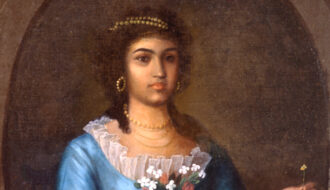
Women constituted a valuable asset in colonial Louisiana.
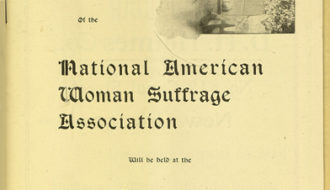
Inspired by social justice and protest movements percolating across the country in the 1960s, Second Wave feminists sought liberation and equal rights for women.
One-Year Subscription (4 issues) : $25.00
Two-Year Subscription (8 issues) : $40.00
